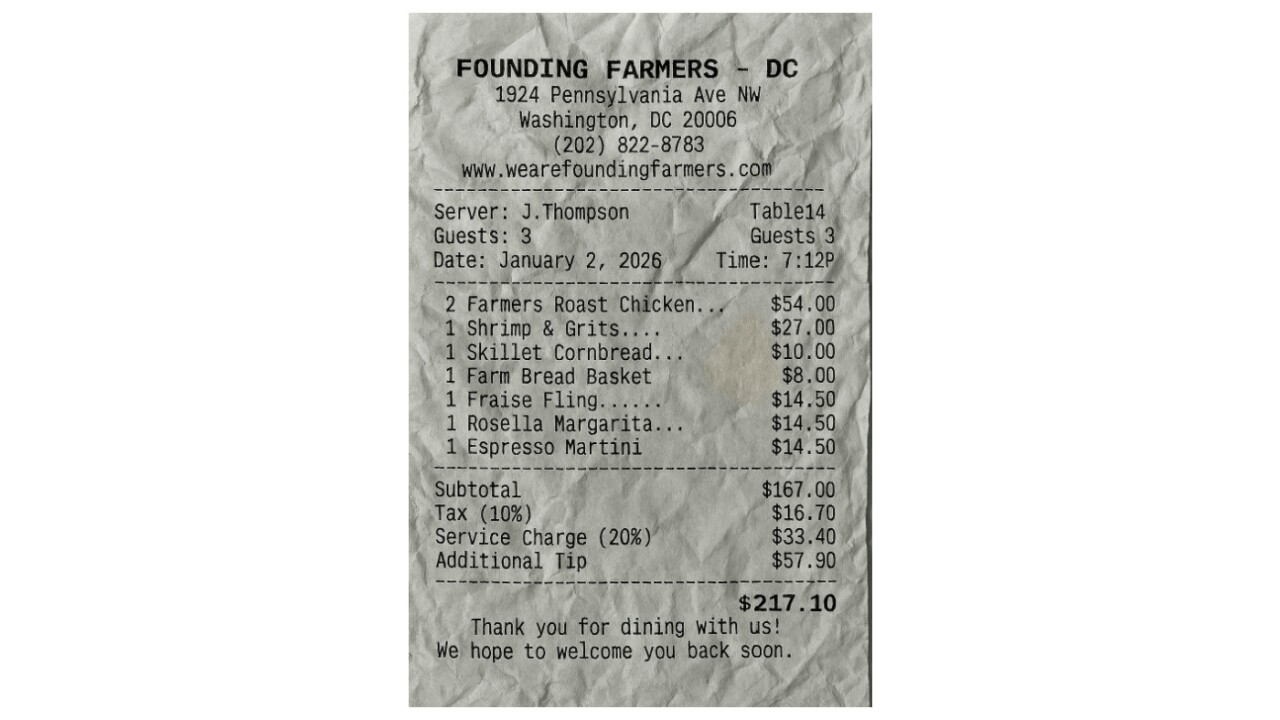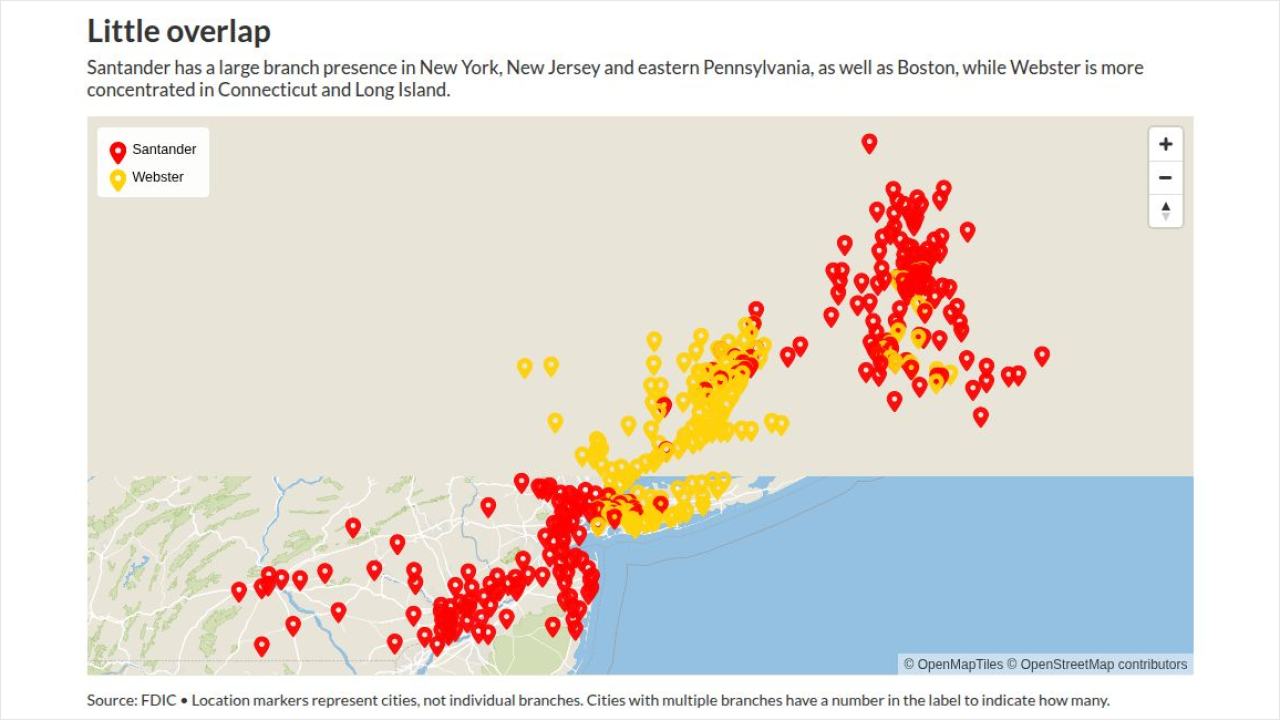WASHINGTON — The Federal Reserve Board is expected to finalize rules next week that would constitute the most significant overhaul of the credit card industry in decades.
Though bankers and industry representatives have lobbied against it, the final rule is expected to largely mirror a May proposal, several sources said.
However, the Fed is expected to back down — at least temporarily — on a plan to forbid banks from charging overdraft fees unless a customer has had the chance to opt out. Sources said the central bank will reissue the proposal next week for comment.
The credit card rules would ban many common practices as unfair or deceptive and modernize disclosures to make them easier for consumers to understand.
Though the rules have been in development for more than a year, they are likely the first of many cracking down on industry practices as policymakers tighten their grip on banks in response to the housing crisis.
The Fed faced considerable pressure from consumer groups and Democratic lawmakers not to change the proposal. Some said victory appeared at hand.
"We are not expecting changes and we would be upset if there were any," said Ed Mierzwinski, the consumer program director for U.S. Public Interest Research Group. "We think the Fed nailed it the first time by prohibiting the worst unfair practices. Any exceptions or loopholes that the banks have proposed in their letters and lobbying would gut the rule, and I think the Fed knows that."
But industry representatives say the rules are dangerous and will effectively force credit card companies to raise consumer interest rates across the board.
"The new rules will cause less credit to be available," said Nessa Feddis, a senior federal counsel for the American Bankers Association. "It's going to exacerbate the current economic environment where credit has already become less available."
The rules are sweeping in scope. The proposal the Fed published in May would ban universal default, a practice in which a cardholder's interest rate is increased for external reasons unrelated to the card account.
It would require a 45-day notice before changing interest rates, giving consumers the option to opt out; restrict payment allocations to stop issuers from applying payments entirely to the lowest interest rate first; and ban double-cycle billing.
Nearly 30,000 comment letters were filed with regulators over the proposal, which is implemented under Regulation AA and defines card practices as unfair or deceptive acts.
That proposal was tied to another under Regulation Z that would require lenders to make disclosures about credit cards clearer and more informative. The rule — which was much less controversial than the plan on unfair and deceptive practices — would require key information to be laid out horizontally in box format. It would also require periodic statements to provide more detailed information to consumers, including noting year-to-date interest and fees in bold type.
Both proposals are expected to be finalized next week.
As part of the original credit card proposal, the Fed would have required banks to give customers a chance to opt out before enrolling them in an overdraft program. That provision also came under heavy fire since it would apply to all transactions, including automated teller machine withdrawals, check and debit purchases, and recurring payments.
Sources said the Fed had opted to break the provision out separately.
Industry representatives argue the credit card rules effectively strip card companies of the ability to reprice based on risk, since they could raise interest rates only if customers are at least 30 days late on their own account. The moves mark a fundamental shift in how card companies do business, bankers said.
"One of the concerns is that credit card companies won't be able to adjust as quickly based on risk. … People's risk changes over time," Ms. Feddis said. "The inability to respond to those changes means they've got to manage the risk in a different way and that may be increasing prices across the board. In other words, people who manage credit well may find themselves subsidizing people who find it challenging."
Oliver Ireland, a partner with Morrison Foerster, said the Fed could have eased some restrictions, such as allowing banks to charge higher interest rates if a borrower is late on their payment twice in one year.
"There was a way through the Fed's proposal where they could have accomplished the basic policy goals that they were trying to achieve and at the same time minimized the cost of the proposal," he said.
Travis Plunkett, the head lobbyist for the Consumer Federation of America, called banks' arguments a red herring. He said bankers are blaming regulations, but that they have offered credit too freely in the past. "Look what an unfettered marketplace has done to consumers," he said. Banks "have in large part created this problem because of the kind of aggressive and reckless lending that many people urged them not to do for many years. They don't have a lot of credibility now when they look at regulations and say it's going to get worse."
Mr. Plunkett said that by making it harder for card issuers to increase rates on existing debt and by reducing credit in some instances, the rules will help prevent consumers from drowning in debt. "We view this as a good, solid first step if it is not weakened," he said. "I think it will not affect access to credit overall for most cardholders, keeping in mind that it is already affected by the market. … It will mean that access to credit is offered under fairer terms, so it means that the sort of dramatic changes in the amount of credit card debt that people are seeing won't occur, and in the middle of a recession that is a very positive step forward."
The Fed may have had little leeway but to finalize the proposal largely unchanged. Democratic lawmakers have pressured the Fed not to water down the plan even while they prep their own credit card legislation.
The House passed a card bill this year that would codify many of the Fed's changes in law, but it was not approved by the Senate. House Financial Services Committee Chairman Barney Frank has said a card bill will be a priority next year.
An ongoing fight concerns how fast bankers will have to comply with the new rules.
The industry has said that revamping its systems would be more complex than the usual regulatory change, and that it expects to have at least a year's lead time before the rules go into effect.
Consumer groups, however, say a long, drawn-out implementation would weaken the proposed changes, since consumers are in dire straits with the economy slumping.
"The remaining issue is timing," Mr. Mierzwinski said. "I think 180 days is reasonable. … These are urgent issues. If they delay... it's as if they didn't act."





